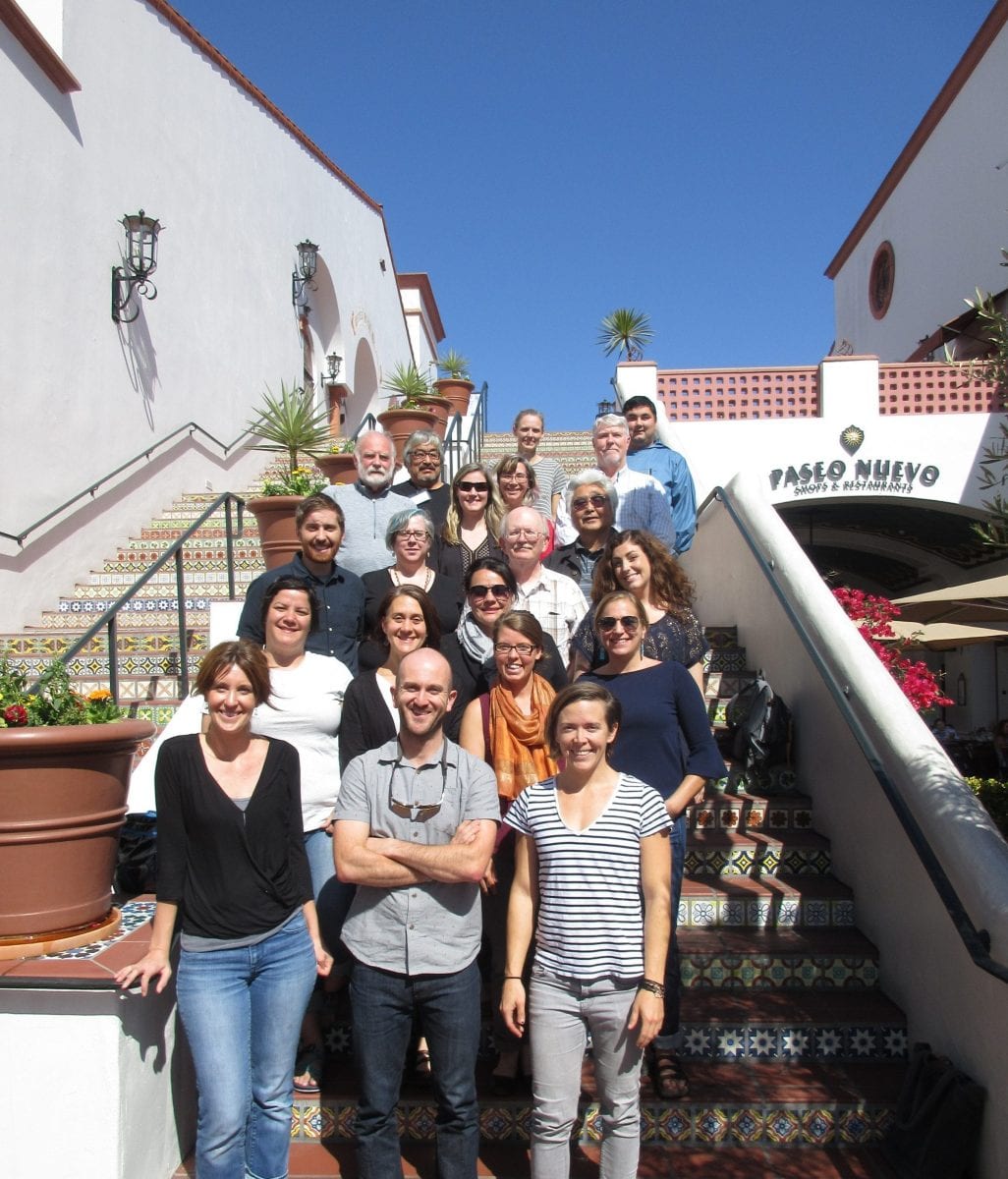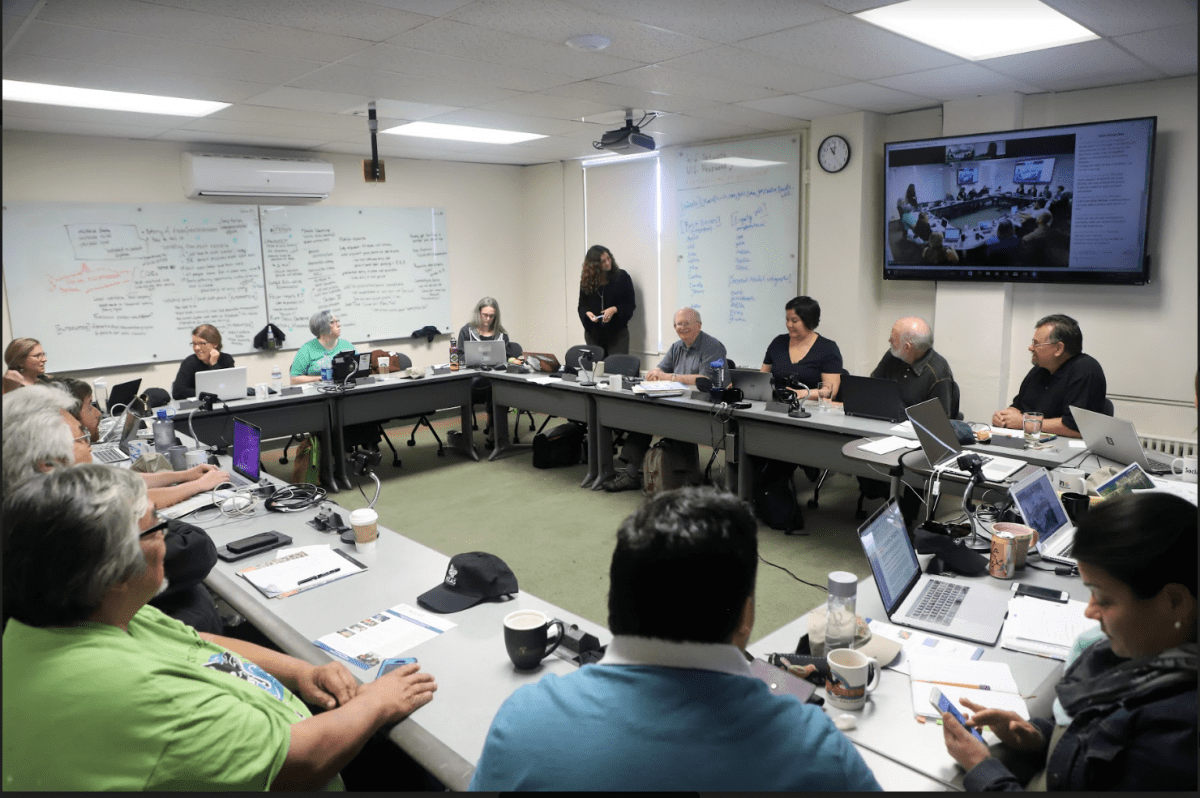Our guiding questions
As a cross-disciplinary, cross-cultural project team, our work is grounded in questions of:
1. How do salmon-human connections contribute to various forms of well-being?
2. What well-being measures can (and should) be applied to the governance of Alaska’s salmon systems?
3. What information gaps currently exist?
4. What does successful salmon management look like from a social, cultural, and community perspective?

